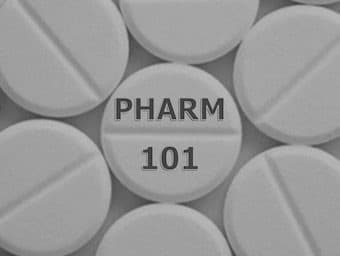
Pharm 101: Tricyclic Antidepressants
ACEM Primary Pharmacology of Tricyclic Antidepressants: the Pharmacokinetics; Pharmacodynamics; Clinical uses; Adverse effects

ACEM Primary Pharmacology of Tricyclic Antidepressants: the Pharmacokinetics; Pharmacodynamics; Clinical uses; Adverse effects
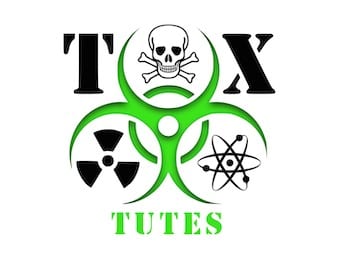
A young male is unconscious and on his way to your hospital. Bystanders confirm he has been depressed and taken an overdose. The paramedics are worried about his ECG..."it looks weird and his QRS is very wide". The following tox tute will guide you through managing this patient.
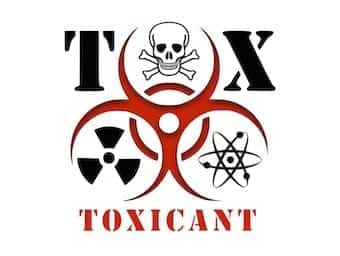
This is your one stop page for TCA overdose. Find out how to manage the acute overdose and the potential complications. We have also covered the basic TCA pharmacology and a tutorial about sodium channel blockade and the ECG, find out why the QRS will widen.
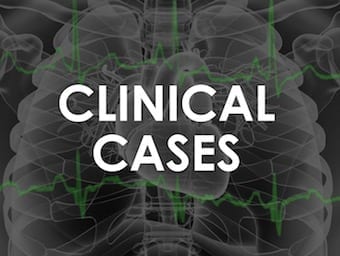
An 18-year old male is brought to ED by ambulance following a generalised seizure at home. Has he taken TCA, can you save his life?
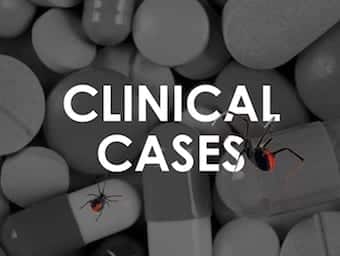
A classic overdose for you to ponder in classic Q&A style, which incidentally marks the 50th toxicology conundrum on LITFL!

A 25 year-old male (70 kg) is brought in by ambulance 30 to 60 minutes after ingesting 70 x 50mg amitriptyline. He is tachycardic (HR 120) with an otherwise 'normal' ECG (QRS 95 ms) but is becoming drowsy. You are called to the resuscitation room to assess him.

Tricyclic Antidepressants (TCA) are weak bases (pKa 8.5) that can cause life-threatening sodium channel toxicity
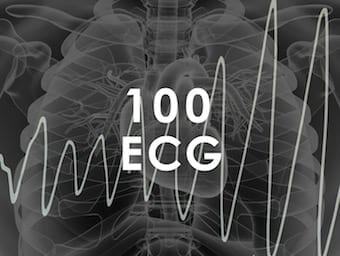
Middle-aged patient presenting with drowsiness. Brief seizure in ED. BP unrecordable. Interpret the ECG.

Middle-aged patient presenting with drowsiness. BP 85/50. Pupils dilated. Interpret the ECG. TCA overdose, pseudo Brugada